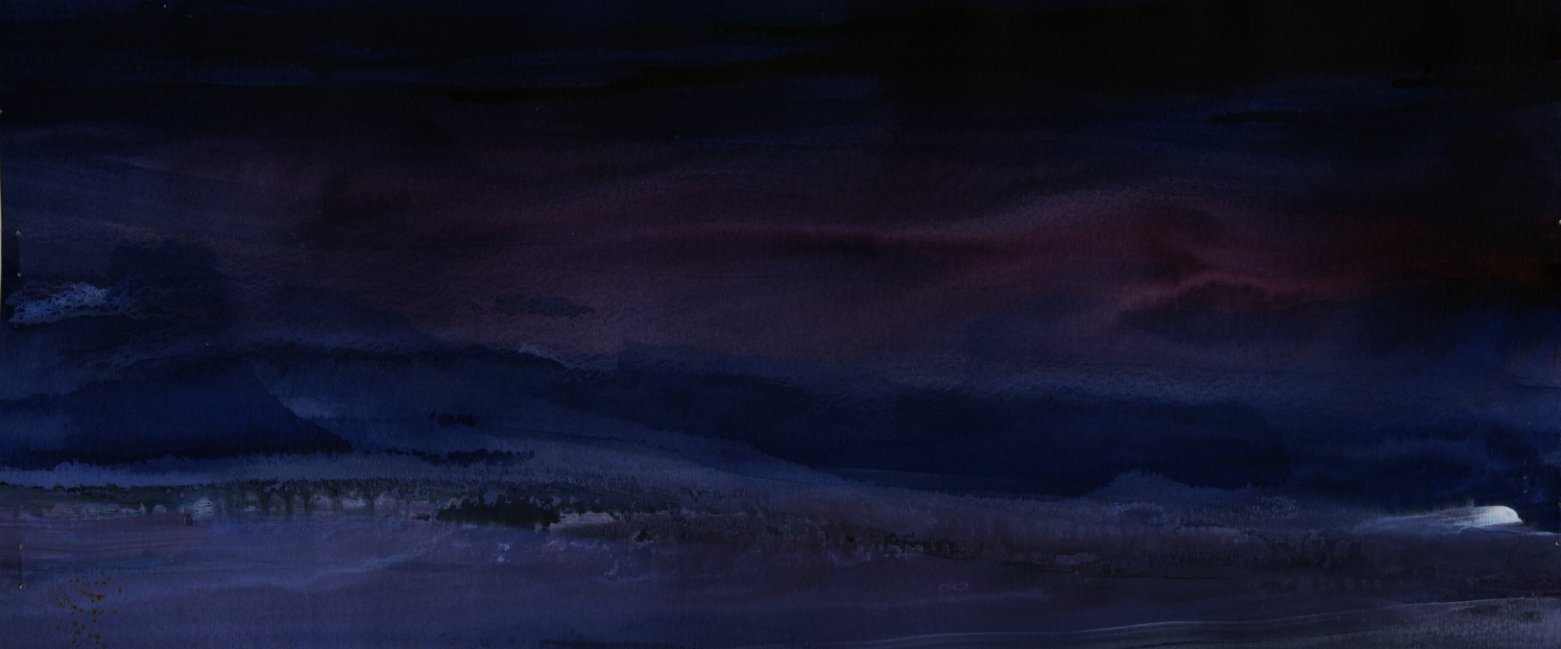

A Pause For Beauty
One ought every day at least to hear a little song, read a good poem, see a fine picture,
and if it were possible, to speak a few reasonable words.
- Goethe
. . .
Meaning is not something that you stumble across
Taoism considers someone wise if they accommodate themselves to the rhythms of the universe.
- Christopher Norment, In The North Of Our Lives

The following is from a talk given by John Gardner (1912-2002), founder of Common Cause. He delivered it to an audience of McKinsey & Company consultants in Phoenix, AZ in 1990. It is profound in a life-changing sort of way. You can read the entire speech here.
A man wrote to me from Colorado saying that his 20-year-old daughter had been killed in an auto accident some weeks before and that she was carrying in her billfold a paragraph from a speech of mine. He said he was grateful because the paragraph--and the fact that she kept it close to her--told him something he might not otherwise have known about her values and concerns. I can't imagine where or how she came across the paragraph:
Meaning is not something that you stumble across, like the answer to a riddle or the prize in a treasure hunt. Meaning is something you build into your life. You build it out of your own past, out of your affections and loyalties, out of the experience of humankind as it is passed on to you, out of your talent and understanding, out of the things you believe in, out of the things and people you love, out of the values for which you are willing to sacrifice something. The ingredients are there. You are the only one who can put them together into that unique pattern that will be your life. Let it be a life that has dignity and meaning for you. If it does, then the particular balance of success and failure is of less account.
Reflecting on the talk, I wrote the following in an early issue of Heron Dance. I’m not now sure which one:
I remember, at the age of seventeen, meeting a man preparing to die. Lacking education, and being enamored by money, I had taken a job selling encyclopedias door-to-door. I knocked on a door in a small town in Nova Scotia, and an older man answered. "Come in," he said, before I could get my spiel out. Soft, melodic classical music played in the background. He motioned toward the old couch along one wall and I sat down. No, he could not buy encyclopedias. His family would never forgive him if he did, he said, and laughed. He was dying of some disease. Cancer, I think.
We spent the next two hours together, talking about his life, and his love of music. He spent his days absorbing as much of the beauty of the world as he could, and the evenings listening to the music he loved. He was a gentle, accepting man. I can't remember at the time how much of an impression he made on me. I probably thought his circumstances were not particularly relevant to my life. But as time has evolved, they seem very relevant. He had found a profound peace. Life had not turned out exactly as he had hoped it would, but that was meaningless now. All that was left was the deliciousness of the present moment.



